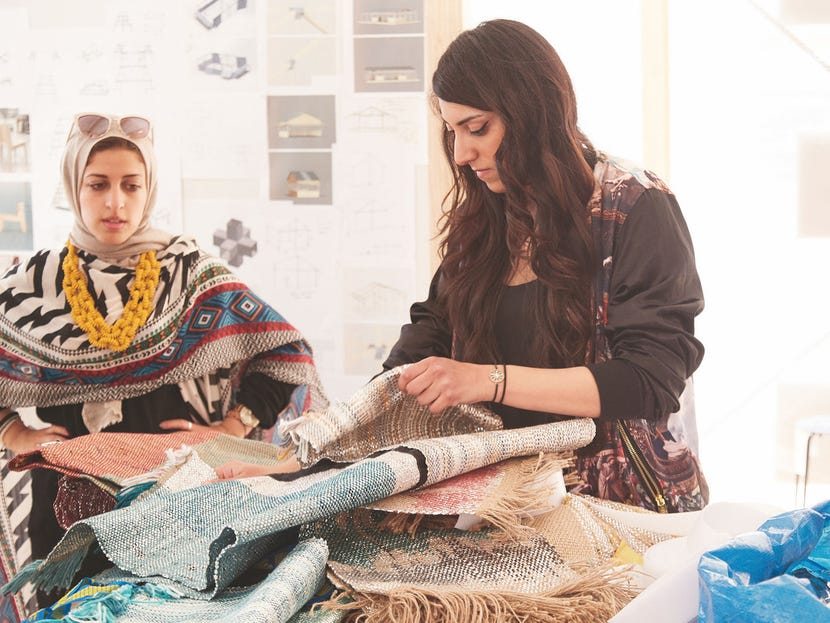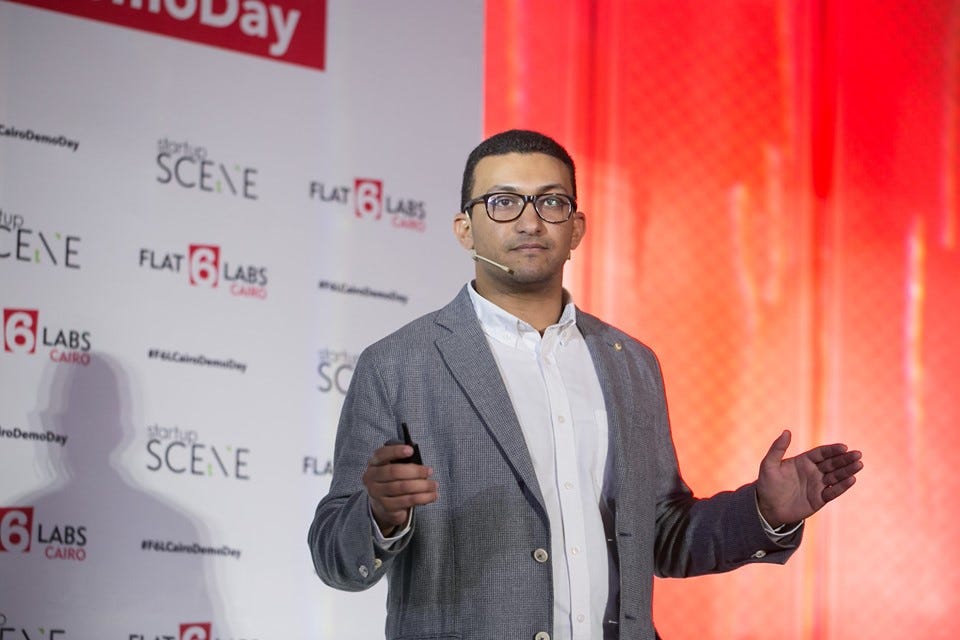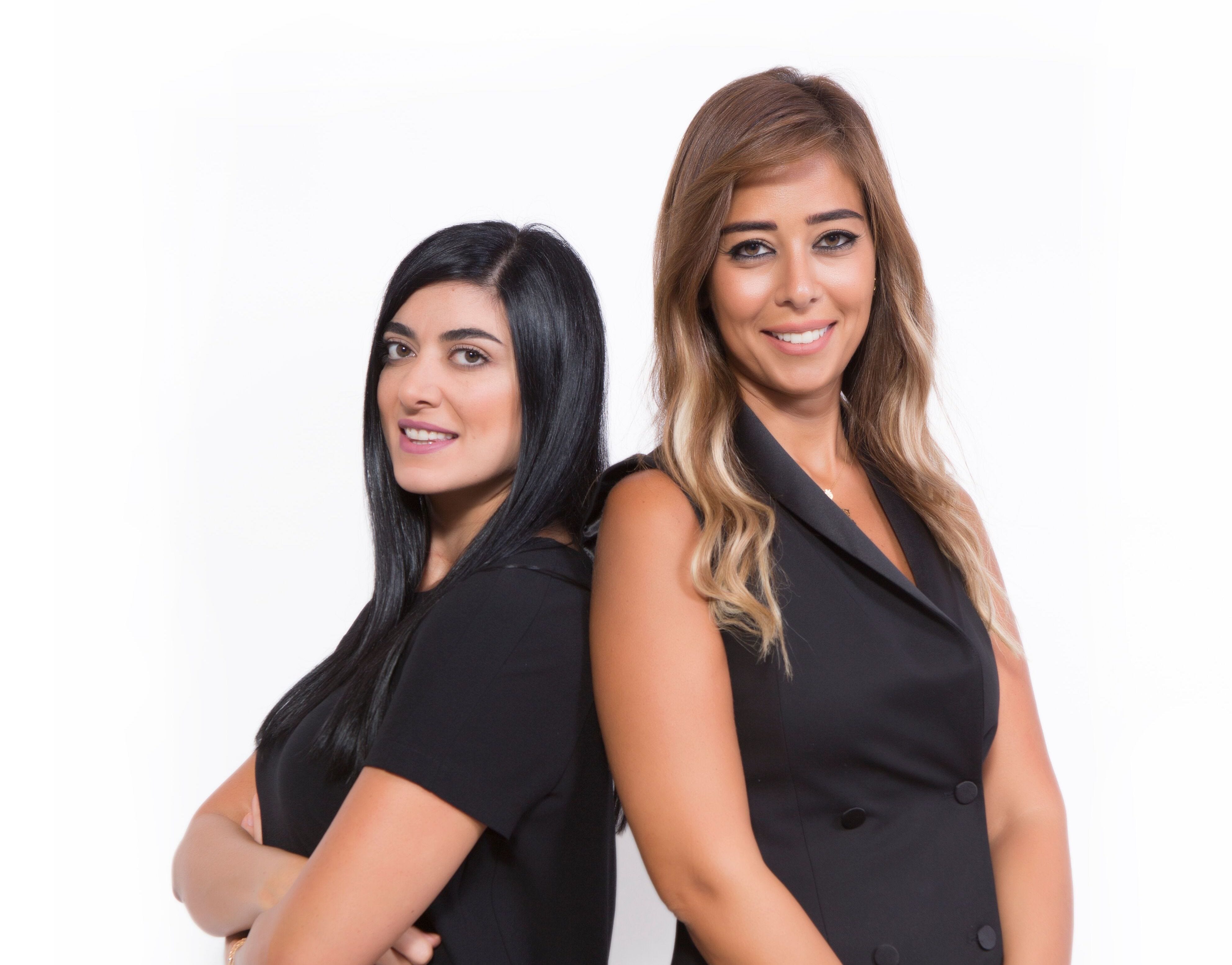In the past few years, several nations and even regional forces have been working towards achieving environmental sustainability, with the EU standing at the helm of recognising the achievement of environmental sustainability as one of its main objectives by 2030 — joined by the UN and several other factions. While progress has been made, the planet still suffers, and most of the MENA countries stand accountable for some of the biggest ecological footprints in relation to their biocapacity as reported in EcoMENA.
In layman terms, the environmental harm instigated by MENA countries towards nature and wildlife exceeds the earth’s capacity to recover. Policy makers, movements, institutions, and other bodies of different countries in MENA are trying to address the issue as the impact on the environment can extend to affect the economic strength of countries. With such a challenge facing MENA countries, innovative entrepreneurs are weaving environmentally-friendly startups to play an integral role in the fight towards sustainability, and many of them are from the Flat6Labs regional programs.
With a history of pushing startups to regional and international exposure after their graduation from the programs, Flat6Labs stands as a leading force in the startup ecosystem; contributing massively to the growth of the startup ecosystem in the MENA region. Flat6Labs plays a seemingly strong role in the development of startups and their social impact, which can be clearly seen through their selection of startups and how their startups affect their communities.
Thus, Flat6Labs have proven to be essential catalysts in the fight towards environmental sustainability. However, those who are standing on the front lines are the startups with their innovative ideas of a better earth. And, in order to understand what our startups are fighting, we should lay ground for the challenges that stand in the way towards environmental sustainability. A research by Mathis Wackernagel, Susan Sakmar, Alessandro Galli, and David Moore, identified six major challenges that stand in the way, with water scarcity and quality topping the list. Following suit were land degradation and desertification; urban and industrial pollution; inadequate waste management; coastal and marine environment degradation; and air pollution and climate change.
Here is how the startups are facing the challenges head on.
Reform Studio (Flat6Labs Cairo — Spring 2014 Cycle)

Co-founded by Mariam Hazem and Hend Riad, and accelerated during Flat6Labs Cairo Spring 2014’s cycle, the Egyptian-born startup weaved a new fabric, Plastex, out of used plastic handbags. They are currently using what they call a “more durable and eco-friendly solution” to weave out beautiful products that could be integrated into different production processes, like chairs and bags. They have stated on their website that plastic handbags, on average, are thrown away after 12 mins of use, whereas plastic material takes years to degrade. Hence, was their creation. Their solution could play largely in waste management and protecting wildlife from plastic waste, and it also reduces urban and industrial pollution.
Lifelab BioDesigns (Flat6Labs Beirut — Spring 2019 Cycle)
Founded by Ali Makhzoum and accelerated during Flat6Labs Beirut Spring 2019 Cycle, the hydroponic-automated farming builds that Lifelab BioDesigns creates, uses water and minerals for nutrition instead of soil to grow plants. This process uses less resources and helps in the natural resources management. On one part, it reduces soil erosion because water is being used instead of soil; and since the process is automated, water is used in specific amounts over extended periods of time. It also limits or even stops the use of pesticides, which is one of the causes of soil erosion and water streams contamination.
Agrona (Flat6Labs Cairo – Spring 2019 Cycle)

While most wood scraps/un-utilised vegetable crop residues are thrown away after cutting down trees, the co-founders of Agrona thought different. Coming out of the Flat6Labs Cairo’s Spring 2019 cycle, Agrona founders saw the waste management problem and lack of efficient use of natural resources, and they had to address it through their bright solution: particleboards made out of recycled wood. They believe that if the plan goes through, their startup will indefinitely reduce the need to cut down forests, and it will help provide job opportunities for a large number of people, including farmers and people in rural communities.
Tagaddod (Flat6labs Cairo — Summer 2013 Cycle)
After the technological advancements that has been made in different industries, energy in its different forms has become the source of life nowadays However, this advancement came with an unbearable cost to nature: the burning of fossil fuel, gases, more has punched a hole through the ozone and through our lungs as well. Air pollution, climate change, and industrial and urban pollution have been pushed to the bearable limit. With the Flat6labs Cairo graduate, Tagaddod, from Summer 2013 Cycle, their eco-friendly bio-diesel solution will pave the way towards lessening the harm on the ozone and the air we all breathe. Also, they have another initiative called Green Pan through which they collect used cooking oil to help in the disposal of used cooking oil and to recycle it.
Bekia
On the topic of waste management, Bekia, a graduate from Flat6Labs Cairo’s Fall 2018 cycle, is an online platform that exchanges recyclable material like cooking oil, plastic, and papers with goods and services. The role Bekia plays, takes part in resolving the waste management problem that the MENA region faces. Although their services are currently offered in Egypt, but, hopefully, we will see them expanding to the rest of the MENA region soon.
Wattnow (Flat6Labs Tunis — Winter 2018 Cycle)

Coming out of the Flat6Labs Tunis seed program’s Winter 2018 cycle, Wattnow was created to operate in the home of the average consumers to reduce energy consumption by monitoring electricity usage. This solution allows users to reduce their consumption by 30%, and this reduction also decreases the weight of the carbon footprint. Most countries, especially in the MENA, depend on fossil fuel to generate electricity, which leaves a strong carbon footprint; it, negatively, affects the air we breathe, it catalyses climate change, and contributes to the industrial and urban pollution. With this solution, the harm will be effectively lessened.
Spectre (Formerly known as IOTree, Flat6Labs Beirut — Summer 2019 Cycle)

Spectre is a solution able to capture, detect, and warn the farmers about the med fly that is the most dangerous pest targeting the agricultural market in the MENA nowadays. While the threat of the fly is real, the extensive use of pesticides against it poses a great harm to the environment. Such chemicals have greatly contributed to soil erosion and water pollution, rendering most lands unfarmable and water streams unusable. This is exactly where Spectre comes in, with their device monitoring farms, they can easily detect when exactly to spray the pesticide and how much of it would be needed. With the process becoming both effective and efficient, land and water are prone to a much lower degree of contamination. This solution is but one step towards greener farming and agritech. This startup is a Flat6Labs Beirut graduate of 2019’s Summer cycle.

